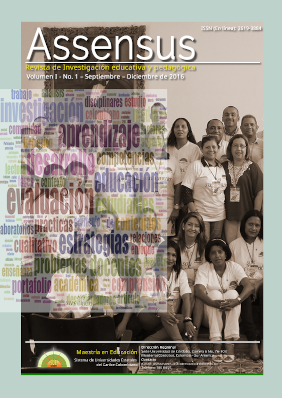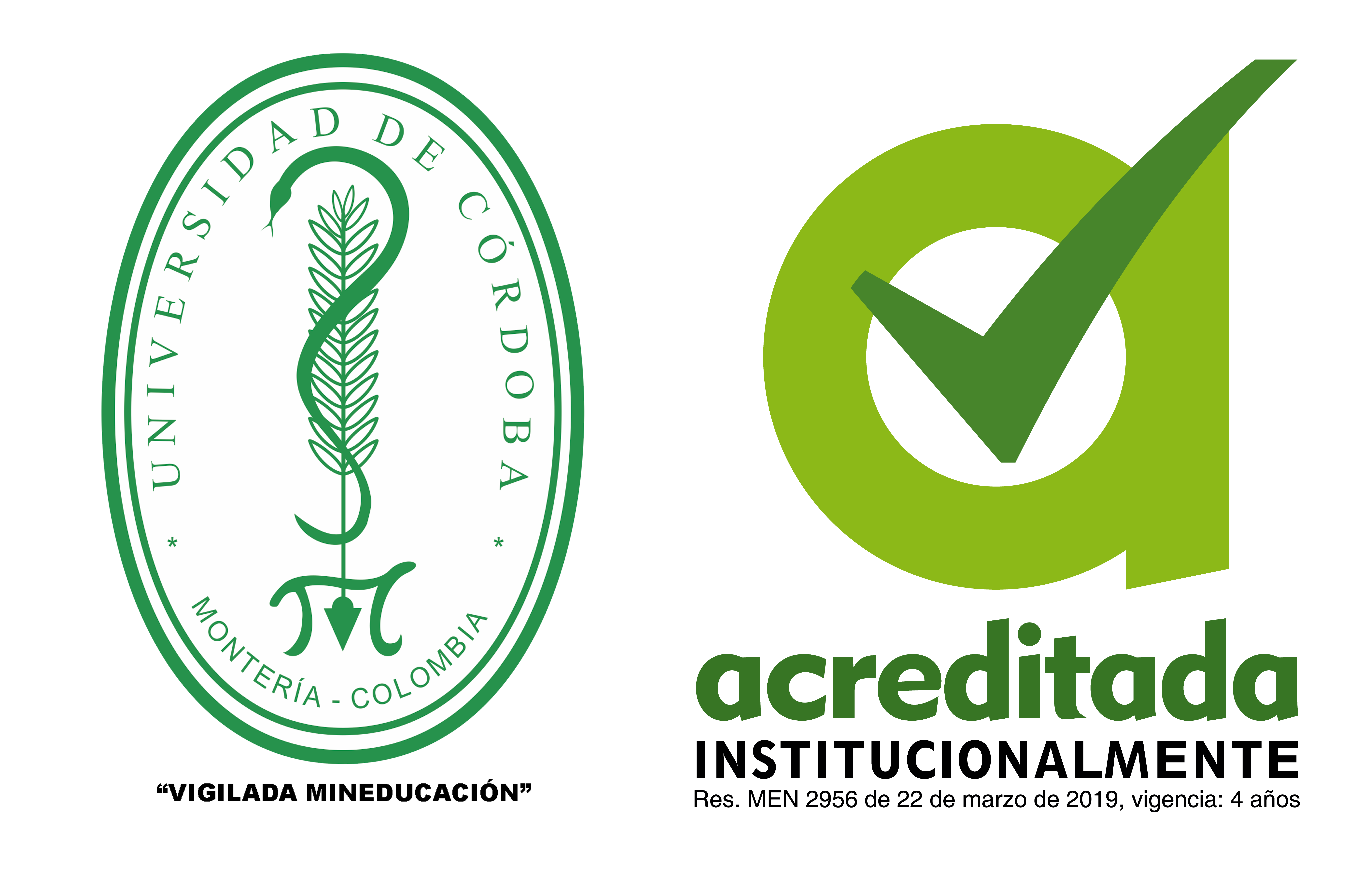Development and evaluation of virtual simulators for the teaching of competences in the field of health
Desarrollo y evaluación de simuladores virtuales para la enseñanza de competencias en el campo de la salud
The Assensus journal has a Creative Commons license. The citation, use and partial or total reproduction of the contents is authorized by citing sources. For more information, see https://creativecommons.org/licenses/by-sa/4.0/deed.en
Show authors biography
A disadvantage faced by students during their professional training is the lack of spaces and opportunities in which to put their knowledge into practice. Teaching clinical skills, at the beginning of training, usually involves the use of textbooks and clinical formats in class. One possible solution to this problem is to conduct training in real clinical settings, however due to time constraints, cost of supervision, ineffective access to real scenarios and potential error; The training of graduates to acquire professional clinical skills is negatively impacted. To respond to this lack of practice with which to reduce the error rates of students and new professionals in the field of mental health, the Laboratory of Virtual Teaching and Cyberpsychology of the Faculty of Psychology of the UNAM, designed, developed and evaluated a Series of four low fidelity virtual simulators for the teaching of technical skills and professional skills, which replicate the situations that occur in a professional setting, but with the advantage that it is possible to control the events that occur in the virtual environment of the simulator and receive Immediate feedback. The present work describes first the results of the usability evaluation of the Beta version of four simulators for teaching clinical competences in Psychology students of the National Autonomous University of Mexico: (1) Cognitive behavioral interview, (2) motivational interview, (3) behavioral interview, and (4) interviewing coping resources. Likewise, the evaluation of learning strategies such as modeling, shaping and backward chaining for the development of simulated learning strategies is reported. The results obtained indicate that simulators with virtual patients provide students with the opportunity to improve knowledge, facilitate the acquisition of skills and competences, as well as their usefulness in reducing anxiety and promoting clinical judgment in a safe environment. Simulation is a powerful teaching tool to help professionals reach the highest levels of competence and therefore important to continue to develop and evaluate future developments.
Article visits 1742 | PDF visits



